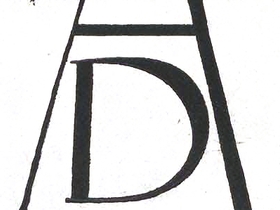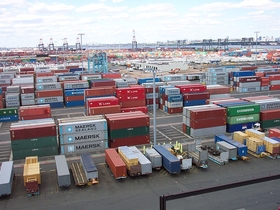For the first time in almost 50 years, the United Kingdom (UK) has issued its own tariff regime. The new UK Global Tariff (UKGT) will be effective from January 1, 2021 and is set to replace the European Union’s Common Customs Tariff (EU CCT), which continues to apply throughout the UK’s Brexit Transition Period.
The UKGT will apply to all goods imported to the UK unless:
- The good is imported from a country that has a trade agreement in place with the UK;
- Any tariff suspensions or reliefs issued by the UK apply – for example, tariffs and VAT that have been made subject to relief measures because of the global COVID-19 pandemic; or
- The goods are imported from countries that are part of the UK Generalized Scheme of Preferences (GSP).
With respect to the UK GSP, guidance has also been issued by the UK Government confirming that from January 1, 2021, the UK GSP will continue to provide preferential treatment to the same countries as listed in the EU’s GSP. In addition, the UK will establish three frameworks that replicate the same market access as the EU’s GSP: least developed countries framework; general framework; and enhanced framework.
The UK Government has issued five types of change in comparing the UKGT with the EU CCT based on each tariff line:
- “No change” – UKGT replicates EU CCT.
- “Currency conversions” – tariffs that have been converted from Euro to GBP and rounded to the nearest whole pound for rates over £10.
- “Liberalised” – the tariff has been reduced to zero.
- “Simplified” – the tariff has been rounded down.
- “Reduced” – the tariff has been lowered to a value with a reduction that is more than the simplified measure above of rounding down.
Other than putting the UK on the global trade map, overall, the UKGT aims to “scrap red tape and other unnecessary barriers to trade” by “simplifying nearly 6,000 tariff lines”. Key points to note are as follows:
- Tariffs under 2% (“nuisance tariffs”) will be abolished.
- The EU’s Meursing table imposing specific duties atop an ad valorem duty will not be used by the UK, thereby removing over 13,000 tariff variations on products such as chocolates, pizzas, spreads, waffles. For such products, the UKGT will only provide for ad valorem duties.
- Tariffs on agricultural products (lamb, beef, and poultry), automotive, and fishing, will be maintained in an effort to support UK industries.
- Significant liberalization of tariffs related to aircraft and aerospace parts to help the airline and aviation leasing sectors.
- Reducing tariffs on over 100 products including zero tariffs on thermostats, vacuum flasks, LED lamps, and bike inner tubes, to encourage renewable energy, energy efficiency, carbon capture, and the circular economy.
The UK and US are solid trading partners with the UK positioned as the 7th largest goods trading partner with the US, with $127.1 billion in total; $66.3 billion in total for goods exported, and $60.8 billion for goods imported. Therefore, it is important for US companies to be aware of the UKGT at this early stage. Although both governments are currently negotiating a bilateral free trade agreement, it is unclear whether an agreement will be reached, and in place, by the end of the year. US companies are encouraged to evaluate current business practices, and in light of the UKGT, plan for the impact of new tariff regime when exporting to the UK.
If you have any questions about U.S. trade with the United Kingdom contact any Barnes, Richardson & Colburn attorney.




